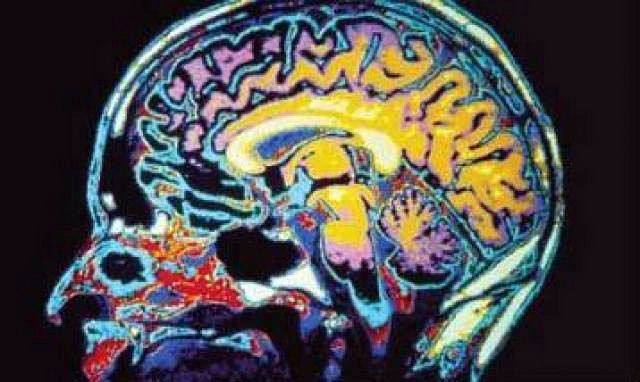Psychopaths Don’t Lack Empathy: They Just Have The Ability To Turn It Off At Will

Researchers literally looking into the minds of psychopathic criminals have found out some interesting information about their to feel empathy, publishing their results in the journal Brain. The researchers took people in prison in the Netherlands, who were diagnosed as "psychopaths," and compared their brain scans — using functional magnetic resonance imaging (fMRI) — of activated brain regions to those of individuals without the psychopathic condition.
Both groups were placed into an MRI machine and subjected to an fMRI, or functional MRI scan, which detects where oxygen is flowing in the brain. This lets researchers know which regions of the brain are using more energy, and therefore are becoming activated in certain situations. The study's participants were then shown a series of videos without any real instructions.
The videos showed hands touching each other in different ways, including in a loving, painful, rejective, and neutral way. The convicted criminals who were diagnosed with psychopathy were then told to watch the same clips again, but were also told to try to feel emotion as the clips were played. The fMRI showed that the subjects who were diagnosed with psychopathy were able to turn on the empathy centers of their brain, and have their scans resemble those taken from individuals who had not been diagnosed with the issue.
Empathy is one's ability to feel what others are feeling indirectly, and the related system in place in the brain is called the "mirror system." People who are diagnosed with being psychopathic have less of a response to pain, and the pain centers of their brains are not active when they see others in pain.
"The predominant notion had been that they are callous individuals, unable to feel emotions themselves and therefore unable to feel emotions in others. Our work shows it's not that simple. They don't lack empathy but they have a switch to turn it on and off. By default, it seems to be off," Christian Keysers, from the University of Groningen in the Netherlands, told BBC.
In the end, the research suggests that people with the psychological diagnosis can have the same areas of their brain activated as healthy individuals can. But the research does not go into whether the study's psychpathic participants could actually feel empathy on demand, rather than just regions of their brains being activated. "Psychopathy may not be so much the incapacity to empathize, but a reduced propensity to empathize, paired with a preserved capacity to empathize when required to do so," said Valeria Gazzola, one of the study's authors.
Source: Meffert H, Gazzola V, den Boer J, Bartels A, Keysers C. Reduced spontaneous but relatively normal deliberate vicarious representations in psychopathy. Brain. 2013.



























